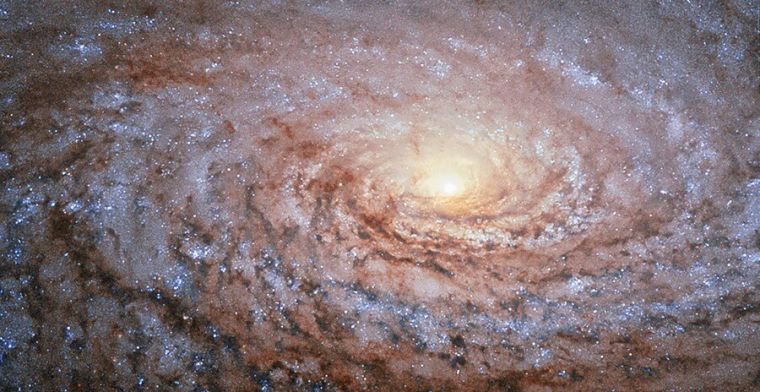Are we alone in the universe? Scientists find no sign of alien life in 93 galaxies

After consecutive successes in the past months, including the historic Pluto fly-by and the discovery of an exoplanet very similar to Earth, space exploration took a downhill turn last week, after a study that surveyed 93 galaxies yielded no evidence of advanced alien civilisations.
The study, led by Michael Garrett of the University of Leiden in the Netherlands, did not find any sign of waste energy in the galaxies the research covered, indicating that intelligent alien life is rare, if not nonexistent.
"In my view, it means we can all sleep safely in our beds tonight — an alien invasion doesn't seem at all likely!" Garrett said.
Garrett, who also serves as the general and scientific director of Netherlands' Institute of Radio Astronomy, explained that the large amount of heat emitted by the galaxies initially chosen for the study came not from alien activities, but from more natural causes such as buildups of dust.
"Some of these systems definitely demand further investigation, but those already studied in detail turn out to have a natural astrophysical explanation," Garrett said in the study, published last week in the journal Astronomy and Astrophysics.
"It's very likely that the remaining systems also fall into this category — but, of course, it's worth checking out, just in case," he added.
Garrett, however, is not giving up hope. He plans to continue his search about 100,000 more galaxies to find indications of intelligent alien life.
He theorised that alien life may not be emitting much energy because they may be energy efficient and may be producing very little waste heat.
"What's important is to keep on searching for the signatures of extraterrestrial intelligence until we fully understand just what is going on," Garrett said.
Garrett's team took its cue from an earlier study conducted by a team of astronomers led by Jason Wright of Pennsylvania State University. They studied 100,000 galaxies that NASA's Wide-field Infrared Survey Explorer (WISE) spacecraft could best observe.











